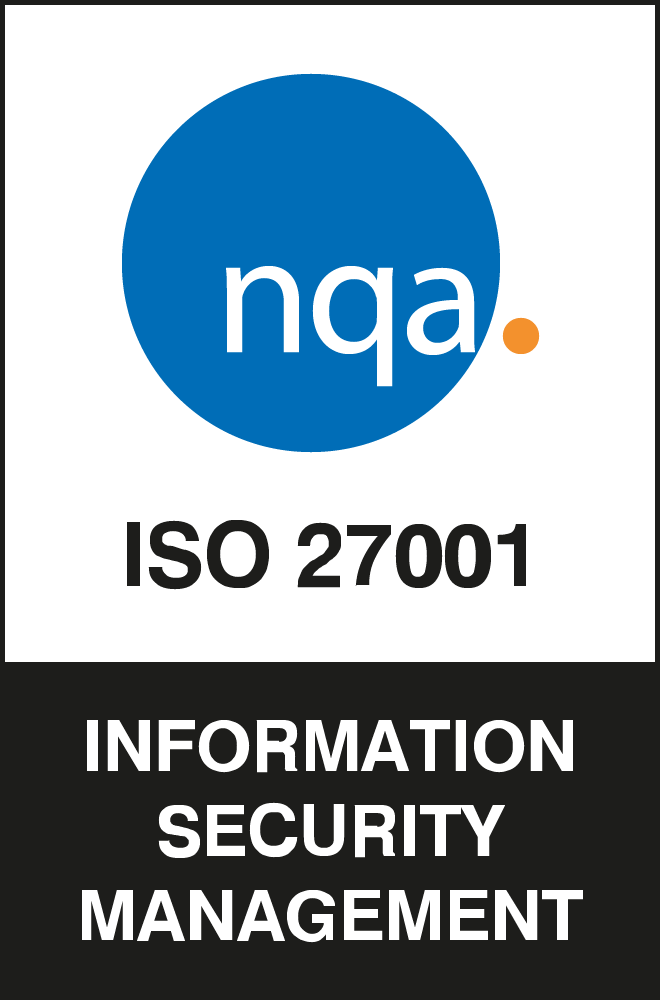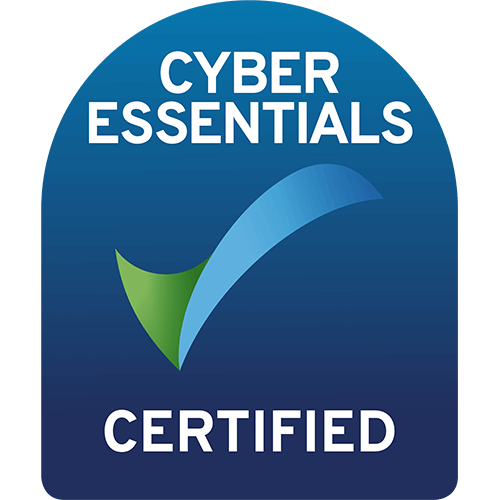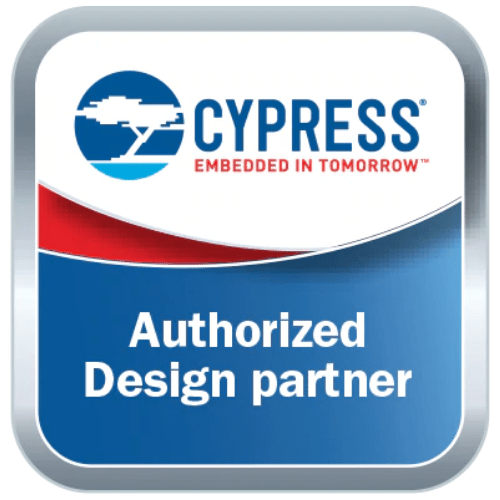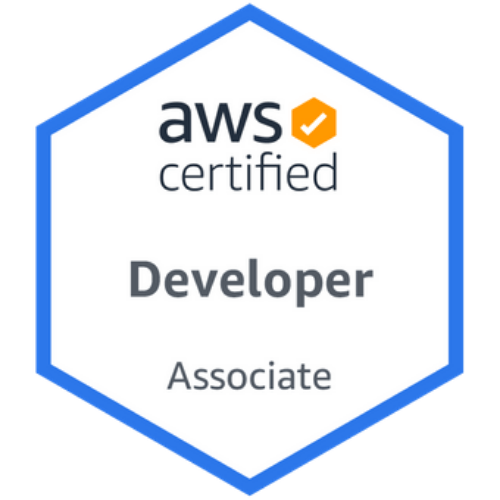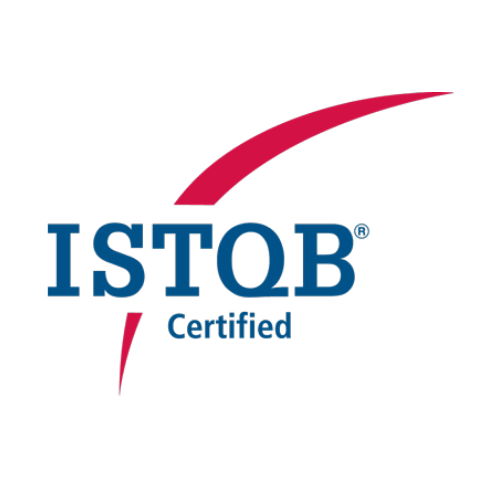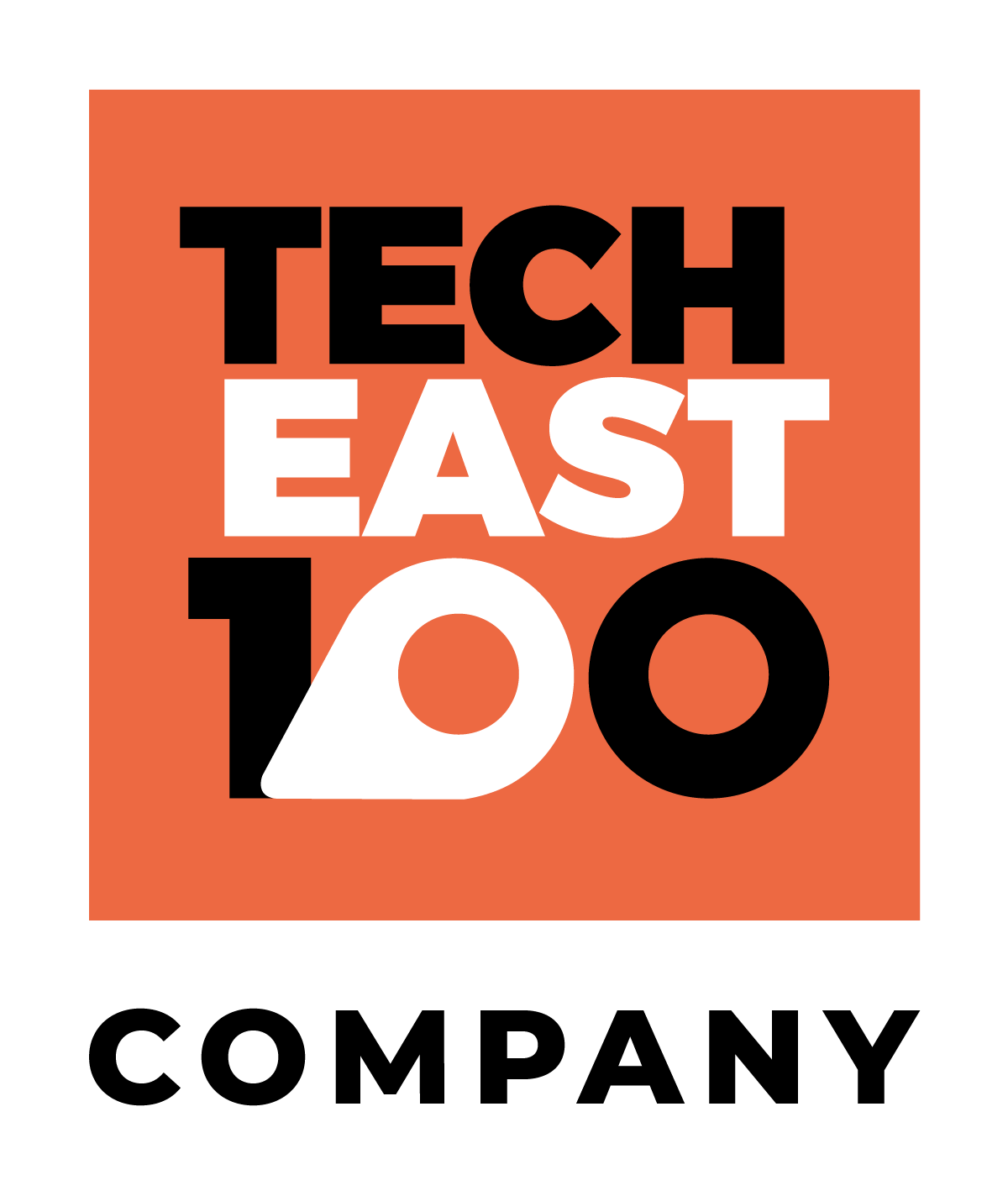Covid-19 has put real pressure on the education sector to adapt their usual practices to continue meeting the needs of students from a distance whilst social distancing.
To keep standards high whilst away from the classroom, teachers and more broadly, educational institutions will be adopting a variety of emerging technologies.
Read on to find out the top 10 education technology trends set to take off in 2023.
Remote Learning
As the Covid-19 pandemic continues, students across the globe are having to transition from physical schooling to remote education to avoid the risk of contracting and spreading the virus to other classmates and teachers.
This year we can expect more time and resources to be put towards creating engaging, effective remote learning strategies together for students as this form of education becomes our new normal.
More Immersive Education
Extended Reality technology such as AR and VR can create more immersive learning experiences for students.
With VR headsets, students will be able better understand difficult-to-grasp concepts or topics such as ancient history.
This is a great opportunity for educators to be able to cater to a variety of different learning styles to ensure each student has access to education, in a way that supports them.
In 2023, we can expect educational institutions to make larger investments into emerging technologies for the continual improvement of learning standards.
Use of AI and Machine Learning by Educational Institutions
Artificial Intelligence can be employed by educational institutions to automate basic but time-consuming tasks that all teachers must complete such as the marking of papers.
This can save staff members time, leaving them extra time to spend on providing the best education they can for their pupils.
Additionally, these technologies can assist with lesson planning.
Tools like GTP-3 have already been used to write screenplays, business proposals and much more so it won’t be too much of a stretch for tech-savvy teachers to start using it to help them create exciting lesson plans or student project ideas.
Data-Driven Insights
The insights gained from the data compiled about student learning habits and styles, teachers can better understand how to optimise their teaching styles to be more effective on their pupils and with more learning taking place online than ever before there will be a huge increase in the amount of data available to analyse in 2023.
This will result in the insights being more accurate and representative of every kind of student, meaning student demographics will have their needs ignored in teaching strategy planning.
Remote Exams
Traditional exams and tests have been ruled out for most students at the moment due to social distancing concerns. 2023 will see a rise in the number of formal examinations that take place online through secure platforms that prevent students from being able to simply Google the answers they need. Exam invigilators can monitor students with access to their webcams and specialist eye movement monitoring technology to prevent students from glancing offscreen to look at notes or textbooks.
Learning Gamification
Learning through play is a great way for educators to engage with their students, especially at a time where students may face increased distractions whilst safety restrictions prevent access to traditional classrooms that are designed for holding their attention. In 2023 we can expect educators to boost pupil engagement and encourage learning through specially designed games that align with the curriculum.
Increased Data Security
With schools and other educational institutions increasing the amount of data transmitted from them to their students and vice versa as a result of the increased uptake of home learning models. Blockchain offers endless, encrypted data storage which can be used to create greater transparency in data sharing and ease of access for approved parties. In this capacity, it can be used to keep track of a student’s educational progress and achievements which can then be shared with potential employers or when applying to enrol in higher education.
Personalised Learning Models
It can be difficult for teachers to understand and cater to every student’s complex educational needs but with new technology, this task is simplified to some extent. EdTech software and services can assess and cater to the needs of specific students at scale by measuring their baseline knowledge on the specified subject, tracking their progress, identifying knowledge gaps and encouraging them to fill them, as well as discovering their preferred learning style. All of this information can be used to create personalised learning models that cater to the individual student’s needs, as opposed to using a blanket, one-size-fits-all approach.
E-Textbooks
Studies have shown that using electronic books with interactive components can contribute to improved learning outcomes, in comparison to traditional textbooks. Students can also use them to collaborate during note-taking tasks and group project work across the internet.
Digital textbooks also typically cost less than traditional textbooks, making them more accessible to less advantaged students.
As the education system moves forward towards a more digital future, we can expect the popularity of e-textbooks to grow in 2023.
Technologically Enhanced Accessibility
In 2023, we can expect technology to be utilised more effectively to improve the standard of education available to differently-abled students.
With much of schooling taking place online now, we are presented with more opportunities than ever before to make learning more accessible with things such as:
- Audio-described classes for those who are visually impaired
- Electronic worksheets for students with fine motor skill impairments
- Video-recorded lessons that can be replayed if necessary for students who might have attention or behavioural difficulties
In essence, we can expect technology in 2023 and onwards to bring vast improvements to the education sector, from greater personalisation in learning for students to improved time management for teachers.
Do you have an idea for an app or software that could change the face of education in the future?
Get in touch with our expert team today to find out how we can help you create a truly innovative solution.






